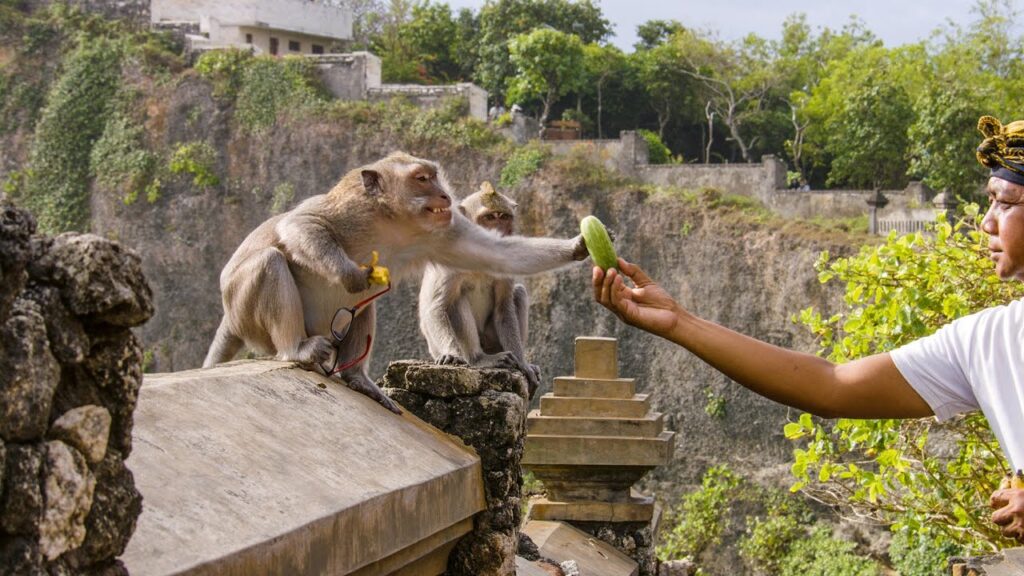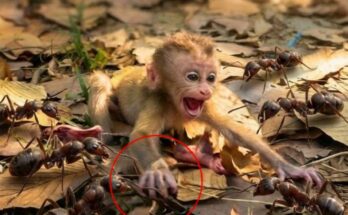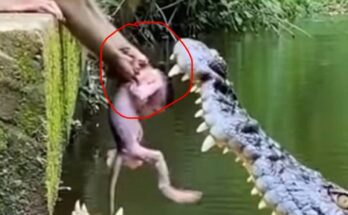
Unlike most wild primates who scavenge or steal for food, the monkeys of Uluwatu have learned that humans often carry valuable objects—glasses, hats, phones, cameras, and even flip-flops. Using lightning speed, they snatch these items from unsuspecting visitors. But instead of running off, they hold on to their “loot” and wait. The key lies in what comes next: they refuse to give the object back until they are offered something they want, usually food.
This is not mere coincidence—it’s a learned and highly sophisticated behavior. Young macaques watch the older ones in the troop and imitate their tactics. Over time, the monkeys have figured out the “value” of different objects. They know that sunglasses and phones can get them better treats than something like a plastic bottle. Some even engage in prolonged negotiations, teasingly handing the item closer, then pulling it away until the human sweetens the deal with more food.
Researchers believe this bartering system is a rare example of cultural behavior in non-human primates—skills and traditions passed down not through instinct, but through social learning. It demonstrates the incredible adaptability of macaques living in close proximity to humans and how they’ve turned human tourism into an opportunity for survival.
However, the practice comes with risks. Tourists who are unaware of the monkeys’ tactics can get frightened or frustrated. Still, the relationship between humans and these bartering monkeys has persisted for generations, creating a strange but fascinating exchange system in this sacred setting.
The Planet Earth III segment reveals just how resourceful animals can be when they live alongside humans. It’s a reminder that intelligence in the animal kingdom comes in many forms—and sometimes, it’s used for the most unexpected negotiations.


